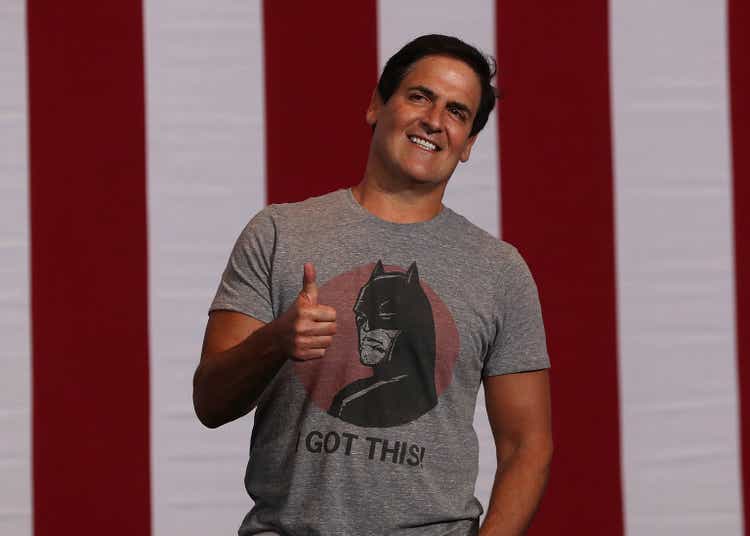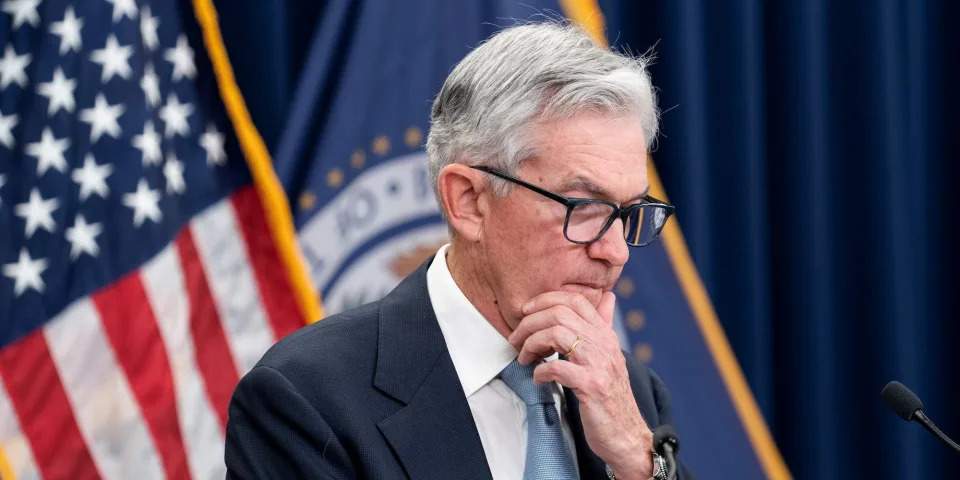Now that 30 days have passed, I can, within my contract, post Charley Hooper’s and my whole op/ed in the Wall Street Journal. Here it is.
Expensive Prescription Drugs Are a Bargain
The Inflation Reduction Act gives the government the ability to ‘negotiate’ prices. People will die.
By Charles L. Hooper and David R. Henderson
Sept. 13, 2022 12:37 pm ET
The Inflation Reduction Act has eight provisions intended to reduce future drug prices. Some observers were surely pleased that Congress gave the Centers for Medicare and Medicaid Services new powers to negotiate with pharmaceutical companies. They shouldn’t have been. The Inflation Reduction Act won’t noticeably reduce inflation and it will do little or nothing to lower the cost of healthcare. Forcing drug companies to charge lower prices will likely lead to fewer new drugs.
Virtually no products are more valuable than the modern medicines produced by the biopharmaceutical industry. They cure diseases and extend lives. We’ve all heard that Americans pay higher drug prices than people in other countries. That’s true, but only when comparing retail prices of brand-name drugs. Very few Americans pay retail prices; most pay a fraction—a copay dictated by their insurance plan. Most country-to-country comparisons also leave out generics. Nine of 10 prescriptions in the U.S. are filled with generic drugs priced lower than in most other countries.
In many countries, the government is the sole purchaser of pharmaceuticals. For a new drug to be used, the government must buy and distribute it. If the government declines, the drug won’t be available. These governments negotiate with a take-it-or-leave-it attitude. Drug companies often take it, because once research and development costs are covered, some money is better than no money.
Except in rare cases, pharmaceutical companies develop drugs for the U.S. market. For drugs that make it in America, potential sales in Europe, Japan, Canada, China and elsewhere are gravy. Drugs that can’t make it in the U.S. are scuttled. Probable success in America is a necessary and sufficient condition for the development of new drugs. There are four main reasons for this:
First, the U.S. is a relatively large country. Second, the U.S. is a wealthy country; Americans are 46% richer than the British, 59% richer than the French, and 36% richer than the Germans as measured by per capita gross domestic product. Third, negotiating prices with government bureaucrats takes time, resulting in one to two years of lost sales. Fourth, prices in the U.S. are somewhat more influenced by market forces and, until the Inflation Reduction Act, weren’t determined by negotiations with the government.
Where CMS is concerned, “negotiations” is a “Godfather”-esque euphemism. If a drug company doesn’t accept the CMS price, it will be taxed up to 95% on its Medicare sales revenue for that drug. This penalty is so severe, Eli Lilly CEO David Ricks reports that his company treats the prospect of negotiations as a potential loss of patent protection for some products.
Drug research and development involves enormous fixed costs. As of 2013, the cost per new drug approved by the Food and Drug Administration was $2.9 billion. Historically, these fixed costs have doubled in real terms every nine years. So in 2022, the inflation-adjusted fixed cost per approved drug is close to $7 billion.
That huge cost must be spread out over a small fraction of the world’s population during a limited period of marketing exclusivity. Without wealthy American consumers and insurers who pay retail or close to it for brand-name drugs, some drugs won’t be developed at all. While it’s true that foreign governments mostly free-ride on the enormous investments in R&D made by the U.S., it’s also true that somebody has to pay. If nobody pays, many treatments that would improve and extend people’s lives won’t exist.
Research by Columbia University economist Frank Lichtenberg suggests that 73% of the increase in life expectancy that high-income countries experienced between 2006 and 2016 was due solely to the adoption of modern drugs. He also found that the pharmaceutical expenditure per life-year saved was $13,904 across 26 high-income countries and $35,817 in the U.S. Most Americans would pay $36,000 to live an extra year.
Even though the U.S. shoulders the lion’s share of global pharmaceutical R&D costs, Americans get a great deal. New drugs are a fantastic investment for humanity, and Americans benefit as much as everyone else. Whether to accept that deal and get a good outcome or reject the deal and get a worse outcome should be an easy decision. Before Congress attacks drug prices again, it should account for the tremendous value of the products that originate from this amazing yet maligned industry and consider the possibility that the U.S. will be shooting itself in the foot if it tries to imitate more-restrictive governments.
Mr. Hooper is president of Objective Insights, a life-science consultancy, and author of “Should the FDA Reject Itself?” Mr. Henderson is a research fellow with Stanford University’s Hoover Institution and was senior health economist with President Reagan’s Council of Economic Advisers.















